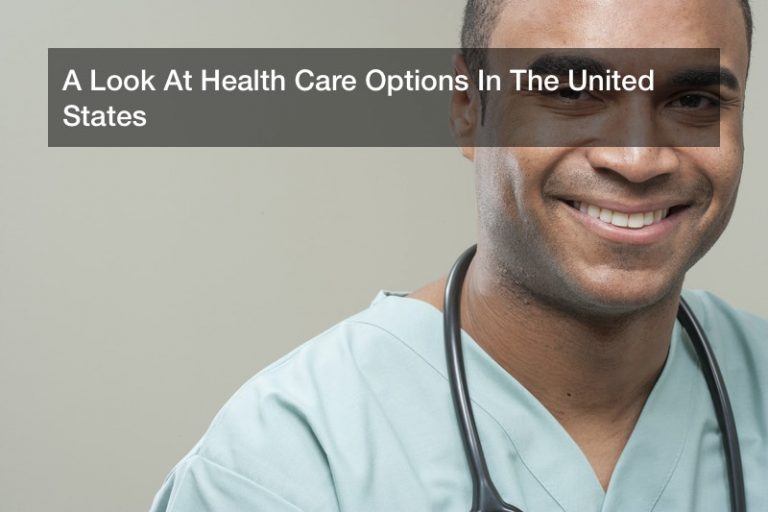
You’ve just graduated college with your brand new degree in hand, you’ve got a big smile on your face, a brand new, good-paying job waiting for you and you’re ready to take on the world.
Now that you’re an adult, you’re going to start paying for a lot of things yourself and one of the biggest things you’ll pay for (and that you’ll need to have) is health insurance. When you get sick or need tests down or prescriptions filled, health insurance is an absolute must-have. In fact, healthcare costs (out-of-pocket costs and deductibles) have gone up by nearly 30% since 2015 and odds are they will continue to rise.
But which health care plan do you pick? After all, there are a lot of health care plans out there and a lot of health insurance companies out there waiting to sell you their plans.
If you’re shopping for health insurance and looking at different health insurance companies, it’s important to know what kinds of policies and coverages are out there:
- Exclusive provider organization plans or EPOs give you a group of health care providers to choose from. If you visit doctors within these specified networks, your healthcare will be covered; if you need healthcare out of the network, it won’t be covered.
- Health maintenance organization plans or HMOs also offer a list of providers, but usually require you to pick a primary care provider. This provider has the responsibility of coordinating all of your health care needs and ultimately, this keeps a person’s costs and premiums at lower rates. For many places of business, these are popular plans because they have copays and deductibles.
- High deductible health care plans or HDHPs come with high deductibles as the name implies and usually require a deductible to be paid before services are covered. These plans are usually cheaper and many folks who get them also qualify for health savings accounts, which allow additional tax savings.
- Preferred provider organization plans or PPOs help keep costs down by having rates that are pre-negotiated by a set list of health insurance companies and providers. With a PPO, you’ll have copays and deductibles and you can visit specialists directly, instead of having to be approved by a primary care provider like with other plans.
- As a new college grad, you likely won’t need a short-term health insurance plan, but it can come in handy for folks that need coverage after major accidents or when dealing with major illnesses.
Now that different types of health insurance have been established, it’s time to look into where you can get it:
- Work: Your new job should offer some kind of health insurance plan. For many new college grads, this is a good way to get it since your new place of employment has to pay at least part of the premiums that accompany the plans it offers.
- Health insurance companies: In the event that you don’t qualify for insurance through your job, health insurance agents from health insurance companies can help you find a plan. These agents usually represent a single health insurance company (much like car insurance agents do). Insurance brokers on the other hand, can offer you many different policies from a variety of different health insurance companies.
If there’s a company you really like (maybe the one your family goes through), you can visit an insurance agent from that particular company. But if you’re not sure, a broker can offer different options and help you pick the plan that will work best for your needs. - Aggregators: Another way to find a healthcare plan is to do what everyone does to look for things these days: use in the Internet. There are many websites available today that act as insurance aggregators that can help you understand different policies and offer the best rates depending on what you’re looking for.
Having health insurance is important, but it’s important to take time and find the right health insurance plans for your needs. Talking to different insurance companies can give you some options and ultimately help you make the best choice.




